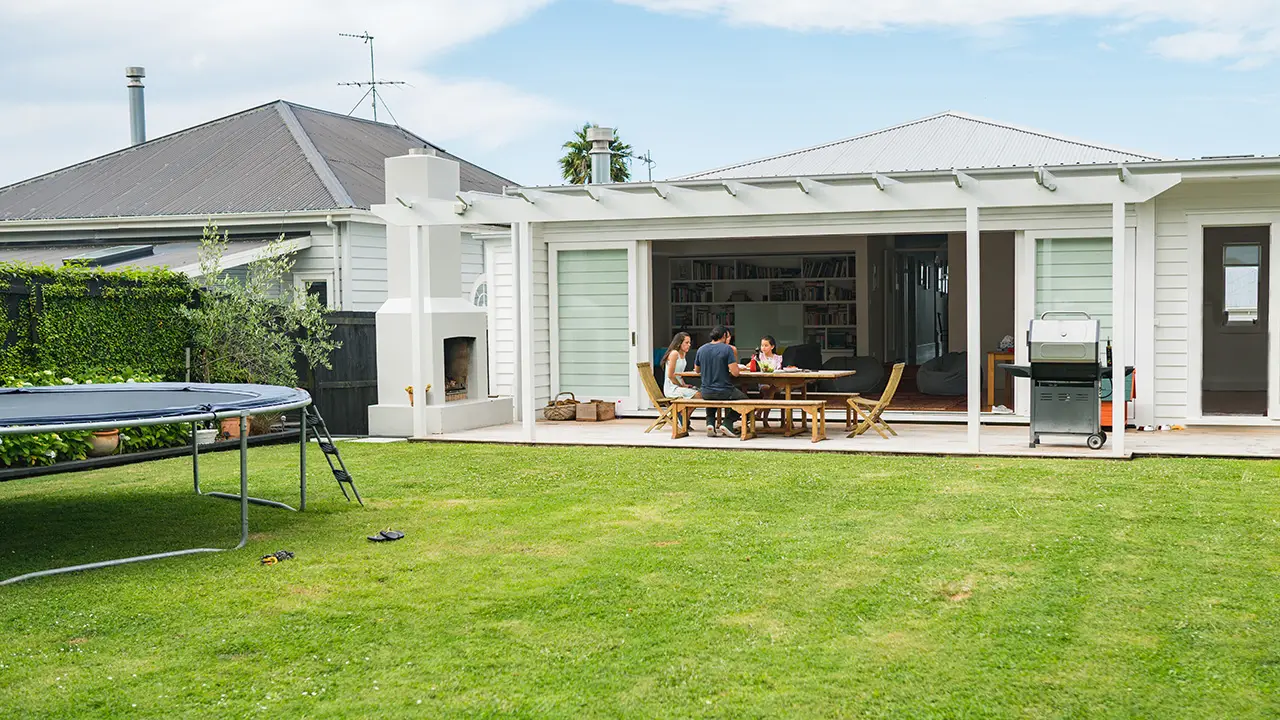When it comes to home insurance rates, many factors are taken into consideration. One of the most important factors is the age of your home. Your home’s age can play a significant role in determining your insurance rates, as older homes are often more susceptible to damage and require more maintenance than newer homes. In this article, we’ll explore the role of your home’s age in home insurance rates and what you can do to ensure that you’re getting the best coverage at an affordable price.
Why Your Home’s Age Matters
Your home’s age is an important factor in determining your insurance rates because older homes are typically more prone to damage and require more maintenance than newer homes. Here are some reasons why:
- Wear and Tear – Over time, a home’s structure and systems can become worn down and require repairs. Older homes may have outdated electrical or plumbing systems that are more prone to failure and can cause damage to the home.
- Building Codes – Building codes and safety regulations change over time, and older homes may not meet current standards. This can increase the risk of damage or injury and lead to higher insurance rates.
- Material Deterioration – Homes made from older materials such as wood or brick may be more susceptible to deterioration and damage than newer homes made from modern materials.
- Maintenance – Older homes often require more maintenance than newer homes to keep them in good condition. Failure to properly maintain your home can lead to damage and higher insurance rates.
How Your Home’s Age Affects Your Insurance Rates
Your home’s age can affect your insurance rates in several ways. Insurance companies take into account the age of your home when determining the likelihood of damage and the cost of repairs. Here are some ways that your home’s age can affect your insurance rates:
- Replacement Cost – The older your home, the more expensive it may be to repair or replace. Insurance companies take into account the age and condition of your home when determining the replacement cost, which can affect your insurance rates.
- Risk of Damage – Older homes are more susceptible to damage due to wear and tear, outdated systems, and deteriorating materials. Insurance companies may charge higher rates to cover the increased risk of damage.
- Building Code Upgrades – If your older home does not meet current building codes, insurance companies may require upgrades to bring it up to code. These upgrades can be costly and may increase your insurance rates.
- Maintenance – Insurance companies may require proof of regular maintenance to ensure that your older home is in good condition and less likely to suffer damage. Failure to properly maintain your home can result in higher insurance rates.
Tips for Lowering Your Home Insurance Rates
If you own an older home and are concerned about the cost of home insurance, there are several steps you can take to lower your rates. Here are some tips:
- Update Your Home – Updating your home with modern systems and materials can reduce the risk of damage and lower your insurance rates. Consider updating your electrical or plumbing systems, replacing old roofing or siding, or installing a new HVAC system.
- Improve Security – Installing a security system or making other improvements to your home’s security can reduce the risk of theft and lower your insurance rates.
- Maintain Your Home – Regular maintenance can help prevent damage and lower your insurance rates. Be sure to keep your home’s systems and materials in good condition, and address any issues promptly to avoid costly repairs.
- Shop Around – Don’t be afraid to shop around for the best insurance rates. Compare coverage and pricing from several different insurance companies to find the best deal for your needs.
- Consider Bundling – Bundling your home insurance with other policies, such as auto insurance or umbrella insurance, can often save you money on your premiums.





Leave a Reply